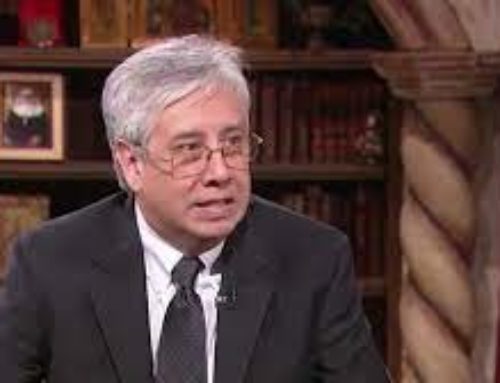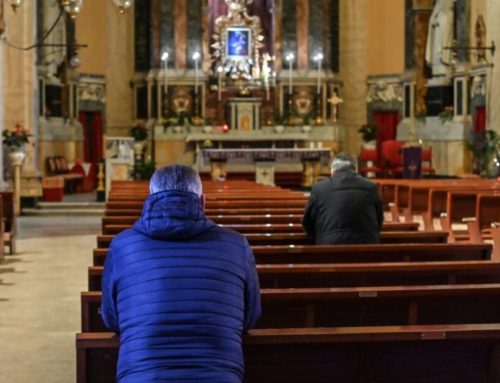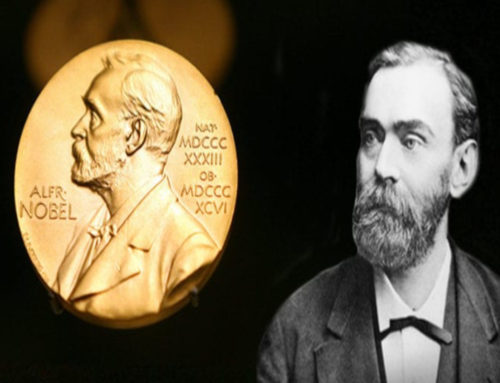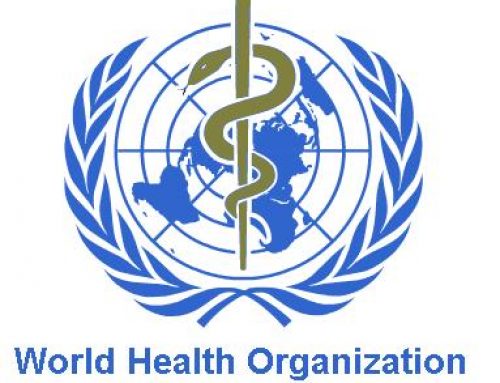FAQ ON COVID-19 VACCINES
COVID-19 Vaccines: on the question of whether it is morally acceptable to receive a vaccine that has been created with the use of morally compromised cell lines.
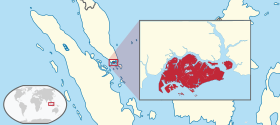
Both the Congregation for the Doctrine of the Faith1 and the Pontifical Academy for Life2 emphasise the positive moral obligation to do good and in so doing to distance oneself as much as possible from the immoral act of another party such as abortion in order to avoid cooperation with someone else’s evil actions and to avoid giving scandal, which could happen if one’s own actions were perceived by other people to ignore or to minimise the evil of the action. Our love of neighbour should lead us to avoid giving scandal, but we cannot omit fulfilling serious obligations such as the prevention of deadly infection and the spread of contagion among those who are vulnerable just to avoid the appearance of scandal.
There are currently three vaccines, from Pfizer, Moderna, and Sinovac, that are likely to be made available in Singapore in the coming months. Neither Pfizer, Moderna nor Sinovac used morally compromised cell lines in the design, development, or production of the vaccine. A confirmatory test, however, employing the commonly used, but morally compromised HEK293 cell line3 was performed on these three vaccines. Thus, while none of the three vaccines is completely free from any connection to morally compromised cell lines, in this case the connection is very remote from the initial evil of the abortion. In view of the gravity of the current pandemic and the lack of availability of alternative vaccines, the reasons to accept the new COVID-19 vaccines from Pfizer, Moderna and Sinovac are sufficiently serious to justify their use4. In addition, receiving a COVID-19 vaccine ought to be understood as an act of charity toward the other members of our community. In this way, being vaccinated safely against COVID-19 should be considered an act of love of our neighbour and part of our moral responsibility for the common good.
At the same time, we must be on guard so that the new COVID-19 vaccines do not desensitise us or weaken our determination to oppose the evil of abortion itself and the subsequent use of foetal cells in research.
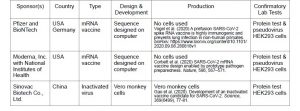
1. What are these cells lines and in particular what are these foetal cell lines we hear about in the context of vaccine production?
Cell lines are not the same as cells or tissue taken direct from the body. They descend and develop from original cells, and have been developed and immortalised into cell lines.
2. What does the church say about using such cell lines for vaccine production?
Scientists and decision makers involved in vaccine production, even if they themselves are not closely connected to the abortion or to the harvesting of foetal tissue, should be avoiding the use of these foetal cell lines because of the messages that they would give out in using such cell lines.
Harvesting involves close complicity with the abortion itself. But even if the scientists aren’t involved in such close complicity as harvesting, they still have to be careful about the messages that they send out by using foetal cell lines even many years down the line.
3. What does the church say about the moral permissibility of ordinary people (i.e. not scientists or decision makers) to use such vaccines that make use of foetal cell lines?
For serious or grave reasons, one may be vaccinated even if the vaccine was derived from a foetal cell line.
4. What would count as a grave reason?
E.g. you are caring for an elderly parent or you care for residents in a nursing home, and the consequence of not being vaccinated i.e. infected, would be very serious.
Citation:
1 Congregation for the Doctrine of the Faith, Instruction on Certain Bioethical Questions (Dignitas Personae)
(2008), nos. 35-36
2 Pontifical Academy for Life, “Moral Reflections on Vaccines Prepared from Cells Derived from Aborted Human
Foetuses,” (9 June 2005) in National Catholic Bioethics Quarterly 6:3 (2006): 541-49; and Note on Italian
Vaccine Issue (31 July 2017): http://www.academyforlife.va/content/pav/en/the-academy/activity-academy/
note-vaccini.html
3 The cell line involved in testing of the three COVID-19 vaccines, a cell line known as HEK293, has its origin in
kidney cells taken from the body of a child aborted in the Netherlands in 1972.
4 This is NOT intended to express any opinion as to the safety or efficacy of any vaccine in general or in any
particular case.


